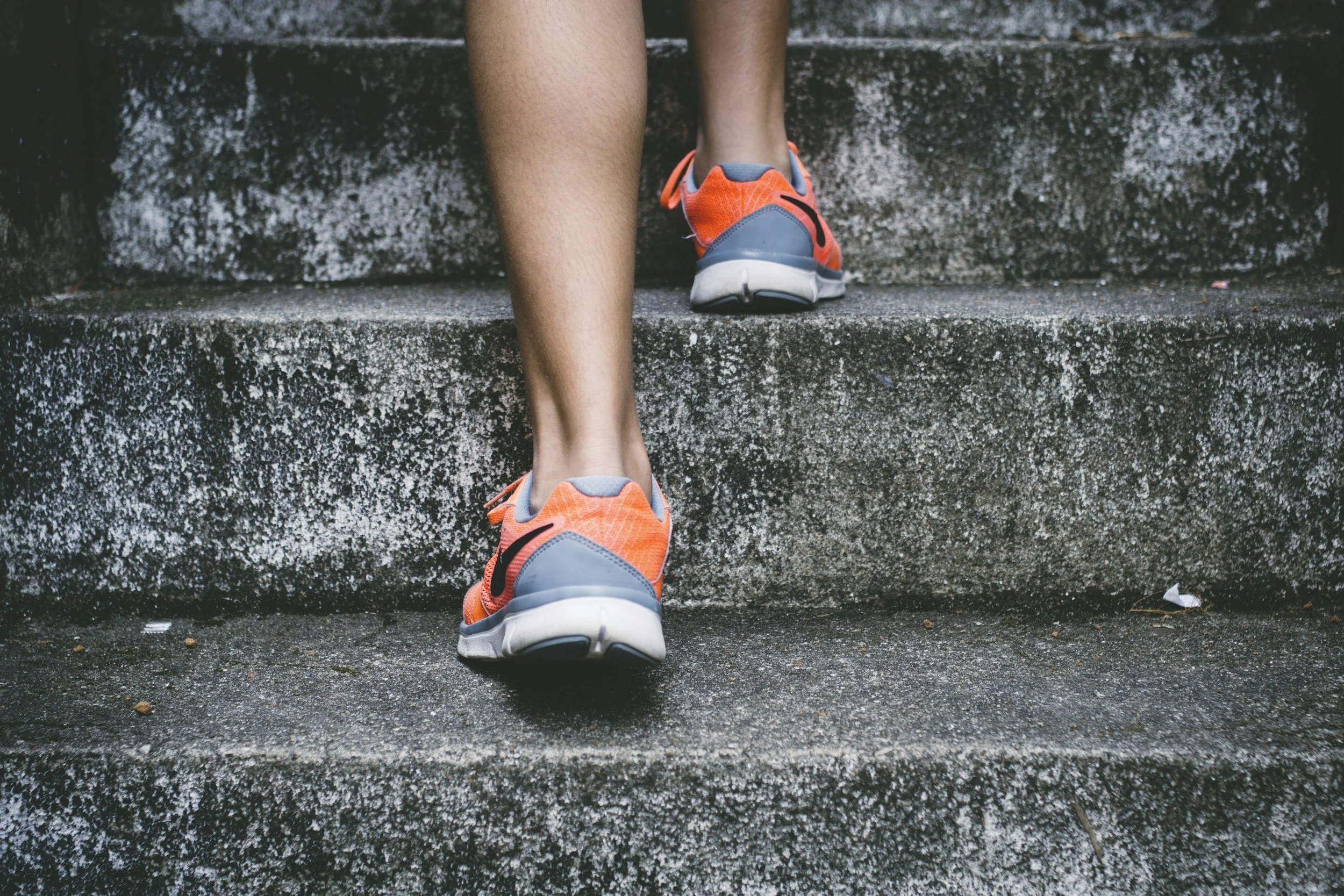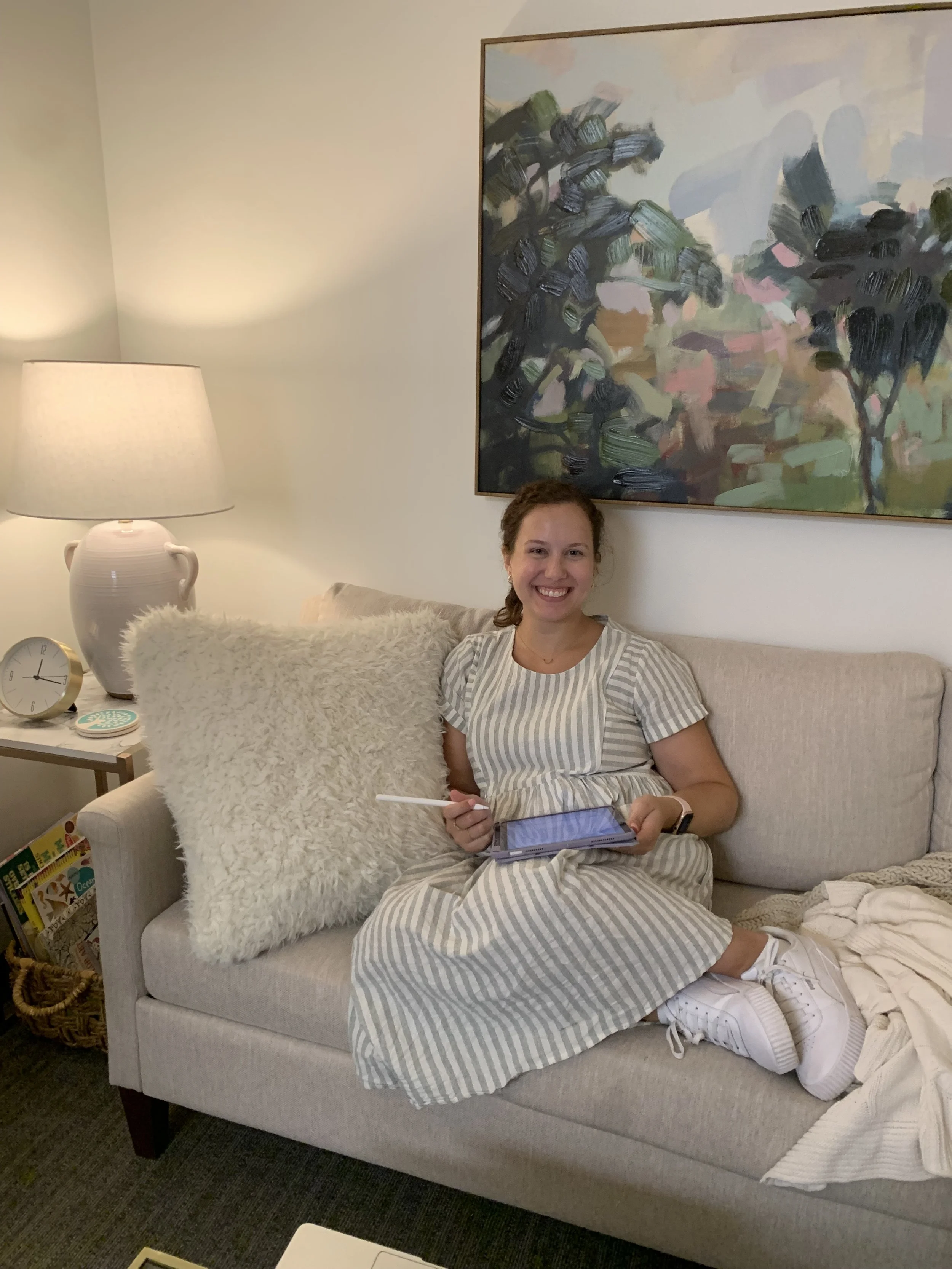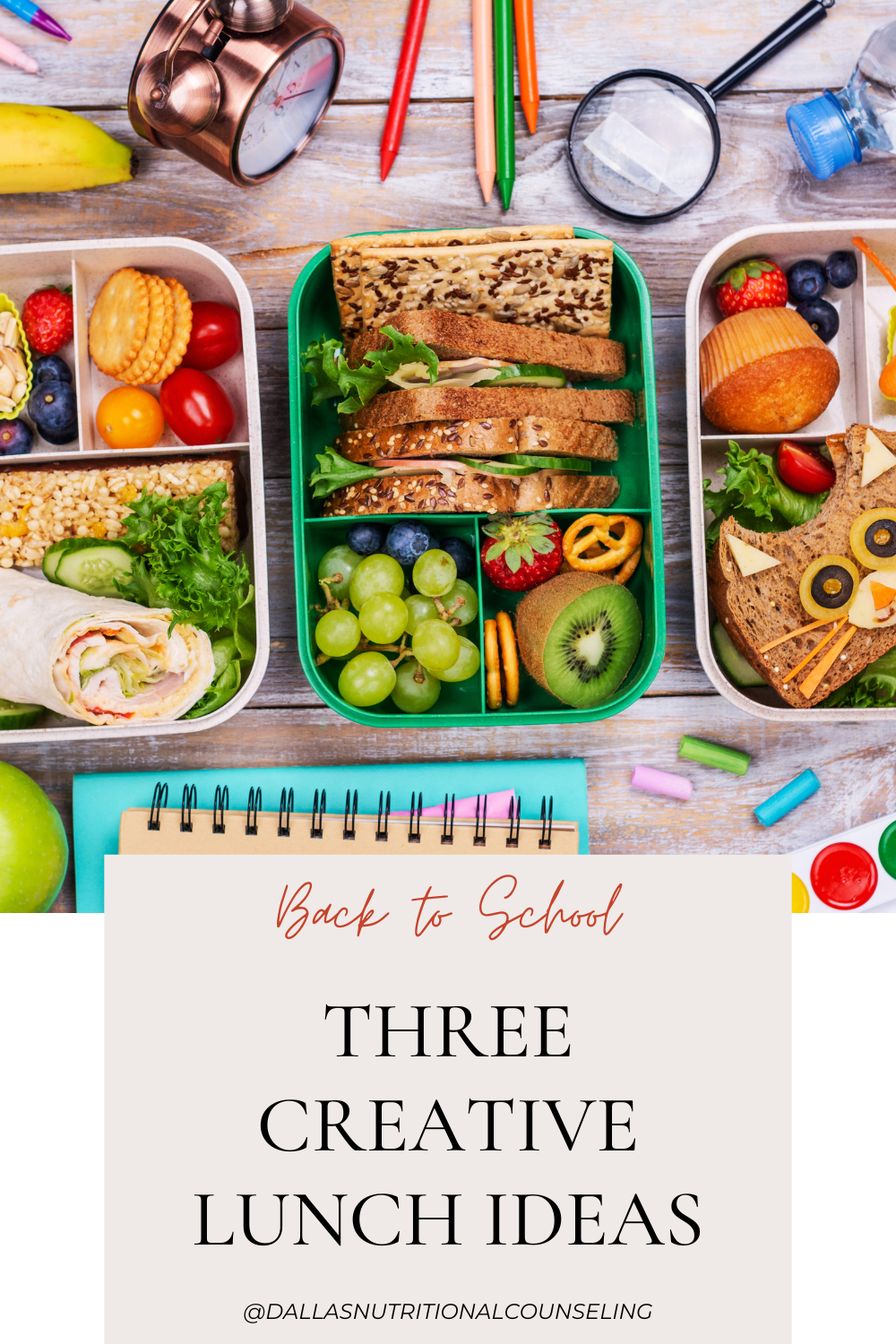The simple answer: YES!
Sources: fruit, bread, rice, pasta, oatmeal, grains, etc.
The Facts:
In an age of the popular low or no carb diet, many people believe that carbohydrates are not good for you. However, carbohydrates do serve a healthy purpose in a balanced diet. For most people, carbohydrates should be approximately 50% of your diet, providing instant or ready to use energy throughout your day. Since carbohydrate stores in our bodies are limited, replenishing through out the day is often needed to sustain energy levels.
Low or no carbohydrate diets get attention because they can result in weight loss. I am sure you know people that achieved instant weight loss results by “cutting out the carbs”. However, it is important to understand how the body works when making decisions about your personal nutrition and health. When a low or no carbohydrate diet is taken to an extreme, your body does not have enough energy from carbohydrates. As a result, your body begins to break down fat and protein in order to use it as energy. Eventually, your body could start to break down important muscle, tissue, organs and bones to be able to function in a healthy way, leading to a serious condition called ketoacidosis.
In effort to establish a healthy, balanced relationship with carbohydrates, you might considering incorporating 2-3 servings of carbohydrates at every meal, while being mindful of your hunger. With energy levels sustained, feelings of deprivation will decrease which may lead to a decrease in over eating carbohydrate sources. List to your body, know your body!
If you are interested in learning more about improving your relationship with carbohydrates or food in general, please visit my contact page or email me at caseyvoorhies@gmail.com.










Eating disorders impact the entire family system, and while so much of the treatment process is focused on the client, the caregivers tend to struggle at home with minimal support. Join Dallas Nutritional Counseling for a two-hour parent workshop, where we will bridge the gap between what the client needs and what the family needs. In this workshop you will gain a deeper understanding of the vital role you play in the recovery process, connect with other families going through the recovery process, and feel more confident in supporting your loved one. We will also be joined by Hila Eyal whose daughter struggled with an eating disorder and now is in recovery. Hila will share their family story of how they navigated the recovery process at the beginning, in the middle, and now ongoing.